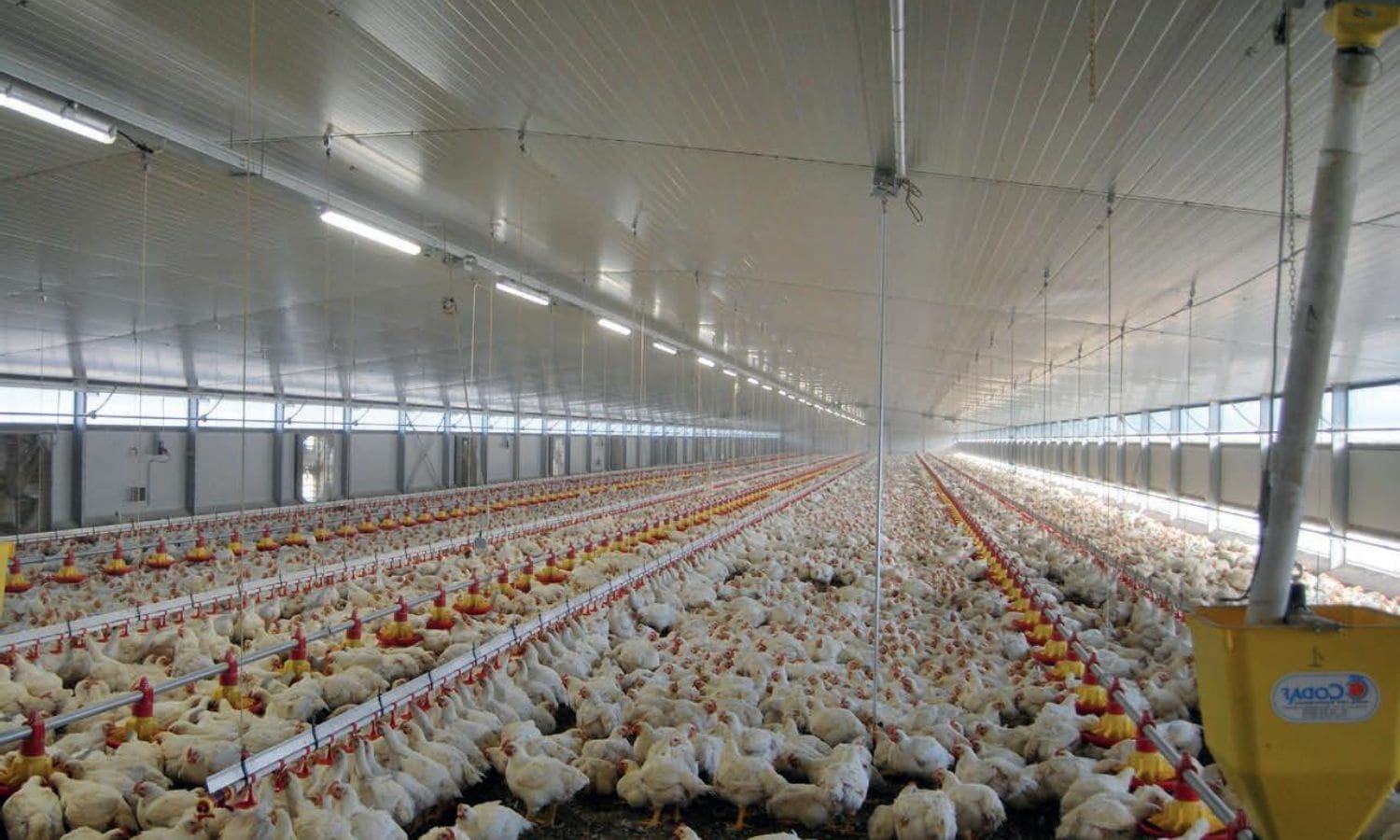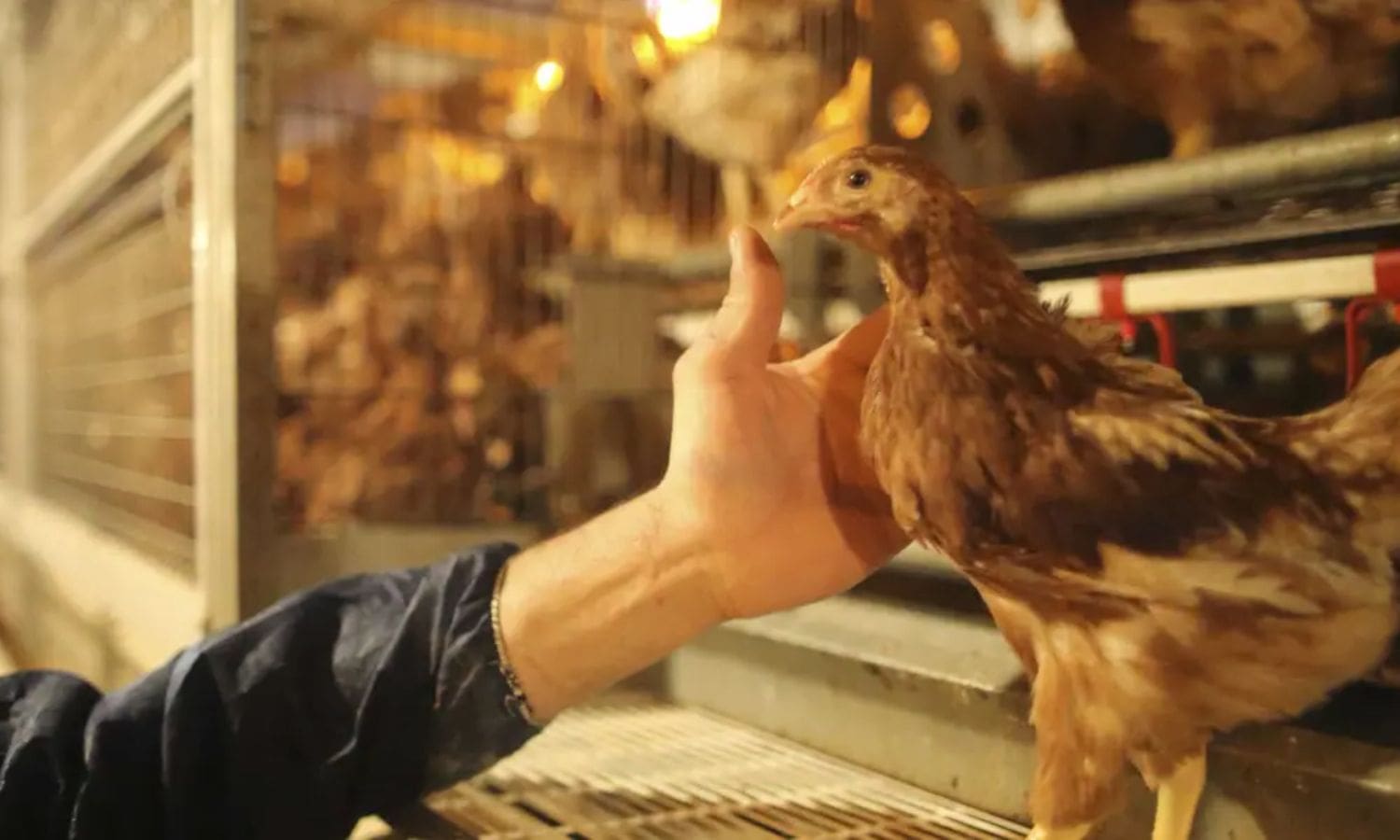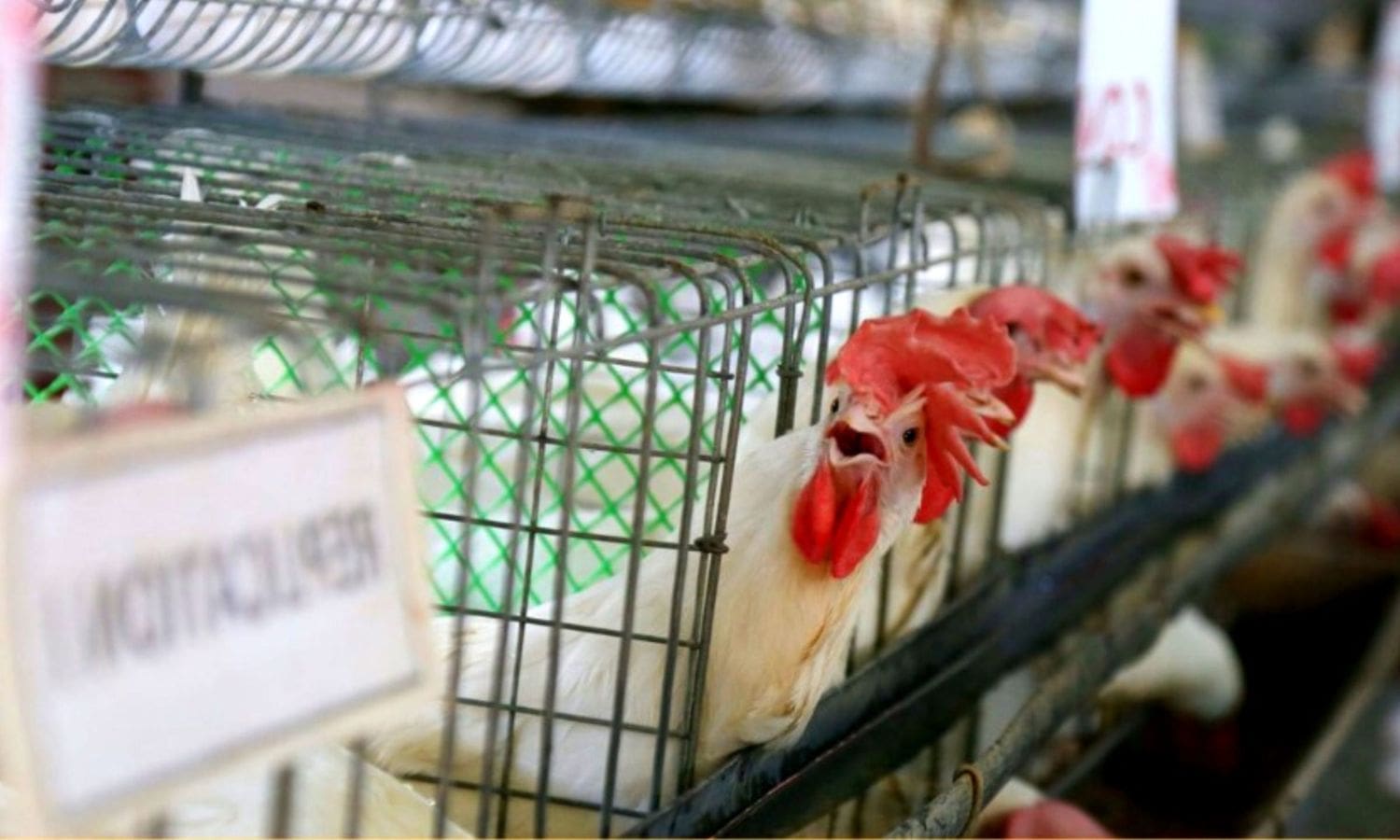Philippine Agriculture Department: The Philippine Agriculture Department has recently implemented a significant import ban on live birds and poultry from California and Ohio. This decision, outlined in a Memorandum Order, aims to safeguard the local poultry industry by preventing the potential transmission of diseases.
Comprehensive measures have been put in place, including guidelines for in-transit shipments and international cooperation for disease control.
This article provides a concise and objective overview of the import ban, catering to an audience seeking mastery in the field of agriculture.
Key Takeaways Of Philippine Agriculture Department
- The Philippine Agriculture Department has implemented an import ban on live birds and poultry from California and Ohio.
- The ban aims to prevent the transmission of Highly Pathogenic Avian Influenza (HPAI) to the Philippine poultry industry.
- The ban is an immediate and proactive measure to protect the local poultry sector from the H5N1 HPAI virus.
- The import ban demonstrates the government’s commitment to protecting the agricultural sector, ensuring food safety, and maintaining economic stability.
Also Read: Carbon Neutral Desalination: The Capture6 Experiment in Korea
Philippine Agriculture Department Implements Import Ban:
The Philippine Agriculture Department has recently implemented an import ban on live birds and poultry from California and Ohio, in response to reported outbreaks of Highly Pathogenic Avian Influenza (HPAI) in these states.
This proactive measure aims to prevent the potential spread of the virus to the Philippine poultry industry, which could have devastating economic and health consequences.
The import ban will help safeguard the country’s poultry population and ensure the safety of consumers. By restricting the entry of live birds and poultry from affected areas, the Department of Agriculture is taking a decisive step in controlling the transmission of HPAI.
This action demonstrates the government’s commitment to protecting the agricultural sector and maintaining food security in the Philippines.
It is crucial for stakeholders to adhere to these restrictions and cooperate in order to effectively manage the risks associated with avian influenza.
Memorandum Order Restricts Poultry Imports:
Memorandum Order No. 03 Series of 2024 imposes restrictions on poultry imports from California and Ohio, aiming to prevent the transmission of Highly Pathogenic Avian Influenza (HPAI) to the Philippine poultry industry.
The order, issued by Agriculture Secretary Francisco Tiu Laurel, is a proactive measure to protect the local poultry sector from the H5N1 HPAI virus.
The ban on importing poultry products from the affected states is immediate and will be strictly enforced.
This move is crucial in safeguarding the Philippine poultry industry, which plays a significant role in ensuring food security and economic stability.
Comprehensive Measures to Safeguard Local Poultry Industry:
What measures are being implemented by the Philippine Agriculture Department to safeguard the local poultry industry from the potential risks of Highly Pathogenic Avian Influenza (HPAI) transmission?
The Philippine Agriculture Department is taking comprehensive measures to protect the local poultry industry from the potential risks of HPAI transmission.
In addition to the import ban on live birds and poultry from California and Ohio, the department has also suspended the processing, evaluation, and issuance of Sanitary and Phytosanitary (SPS) import clearances.
By implementing these measures, the department aims to prevent the entry of HPAI into the country and ensure the safety and health of the local poultry industry.
These proactive steps demonstrate the government’s commitment to safeguarding the industry and minimizing the potential impact of HPAI on poultry production and trade.
Guidelines for In-Transit Shipments:
To address the specific provisions for shipments already in transit, loaded, or accepted at Philippine ports before the official communication of the ban on January 15, the Philippine Agriculture Department has established guidelines for in-transit shipments.
These guidelines aim to ensure that the import ban on live birds and poultry from California and Ohio does not disrupt the flow of goods and cause unnecessary losses for importers.
According to the guidelines, shipments that are already in transit or loaded onto vessels before the ban came into effect will be allowed entry into the Philippines, provided that they meet certain conditions.
These conditions include strict adherence to biosecurity measures, such as proper sanitation and disinfection protocols, and the submission of relevant documents to the Bureau of Animal Industry for evaluation and clearance.
The guidelines aim to strike a balance between protecting the local poultry industry and minimizing the economic impact on importers.
International Cooperation for Disease Control:
The effective implementation of the import ban on live birds and poultry from California and Ohio by the Philippine Agriculture Department emphasizes the crucial role of international cooperation in disease control.
In facing challenges related to animal disease control, it is evident that collaboration between countries is vital for preventing the spread of diseases and protecting global public health.
International cooperation allows for the exchange of information, expertise, and resources, enabling countries to work together in implementing effective biosecurity measures and monitoring systems.
By sharing best practices and coordinating efforts, countries can collectively improve their ability to detect, respond to, and control animal diseases.
This collaboration ensures that diseases are addressed promptly and effectively, minimizing their impact on both animal populations and human health.
It also highlights the importance of ongoing monitoring and adherence to biosecurity protocols in affected regions to prevent the introduction and spread of diseases across borders.
Conclusion Of Philippine Agriculture Department
In conclusion, the Philippine Agriculture Department has implemented an import ban on live birds and poultry from California and Ohio. This Memorandum Order aims to safeguard the local poultry industry by preventing the entry of potential diseases.
Comprehensive measures have been put in place, including guidelines for in-transit shipments and international cooperation for disease control. This action demonstrates the government’s commitment to protecting the domestic poultry sector and ensuring food security in the country.




